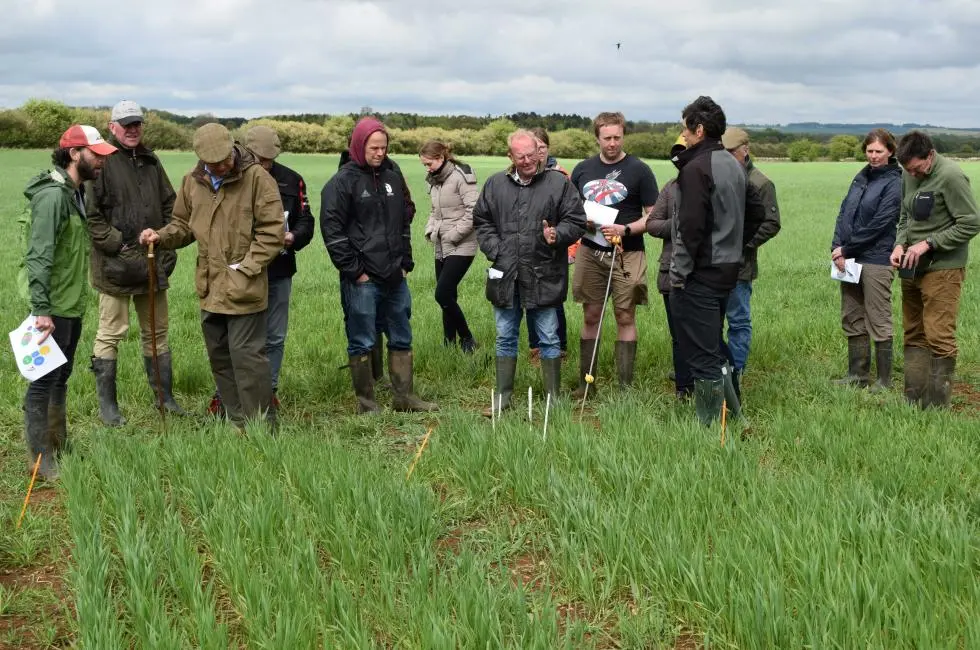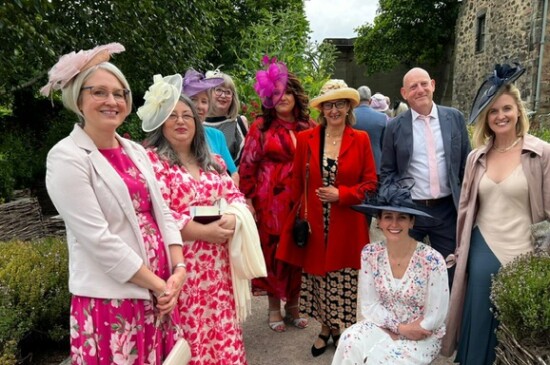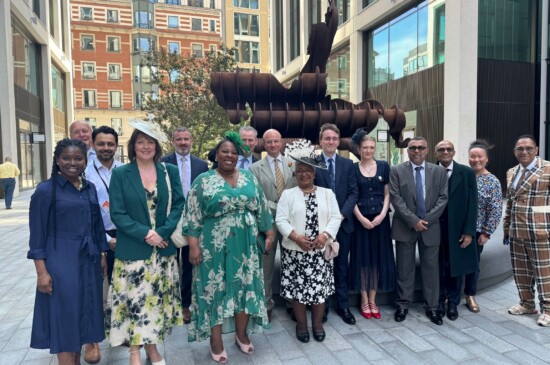
Good Farming, Good Food with the Soil Association
- Countryside
- Environment
The partnership between the Prince of Wales’s Charitable Fund and the Soil Association continues to be a productive one, with studies yielding results for farmers across the UK. The PWCF has awarded over £3.5 million to Soil Association projects, enabling several studies into the impact of soil health on our food and wider environment. Recently, two studies by Innovative Farmers – a Soil Association network which connects farmers with researchers to collect data on farming into the future – have been looking at ways arable farming could adopt more sustainable practices. This would not be possible without the support of Waitrose Duchy Organics, which has enabled this research into Good Farming, and we are grateful to Waitrose customers for their support.
Living mulch is the subject of the first study coordinated by Innovative Farmers, which will discover if growing living mulch under cash crops can control weeds and fix nitrogen whilst maintaining a good yield. The six farmers involved in the study employ a variety of farming methods; some are organic farmers, and some use the non-till method. All are optimistic that if this study is successful, they might have found the ‘holy grail’ of farming: building fertility whilst storing carbon, without the need for heavy machinery or chemicals. Initial results are positive – James Alexander, a contract farmer in Oxfordshire remarked that ‘the crop is looking better than on the conventional land’, noting that he had seen a slight increase in yield.
The second study will test different breeds of wheat to see which grow best in an organic system. Organic farmers in the UK are disadvantaged by the currently available wheat varieties, which grow best in conventional, chemical-heavy farming systems.
The new LiveWheat project is hoping to combat this problem following an initial field lab. Fifteen arable farms are taking part in this project, and testing various commercially-available breeds of wheat in organic or low-input farming systems. Jerry Alford, who coordinated the project, said ‘By empowering farmers to develop an understanding of the valuable traits particular wheat varieties can offer for organic and low input farming, this Innovative Farmers field lab will benefit many in the agricultural community.’.
The Prince of Wales’s Charitable Fund looks forward to sharing the impact of these studies with you once they have been completed.
Find out more at https://www.innovativefarmers.org/ and https://www.soilassociation.org/.


